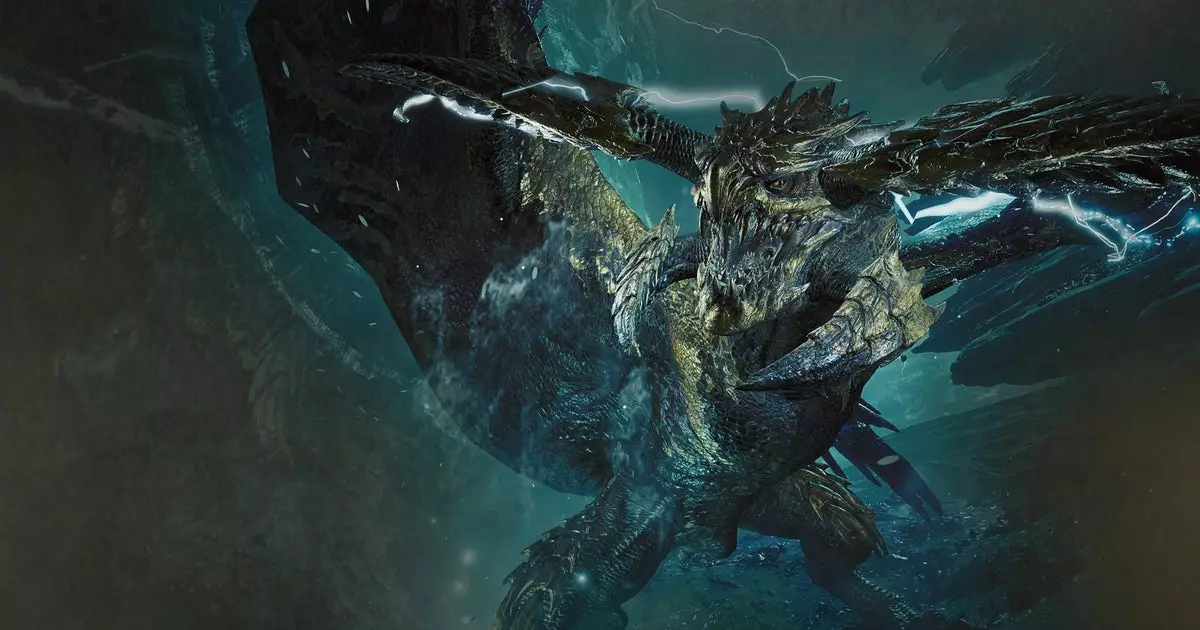In the world of online gaming, where the thrill of competition and cooperation intertwine, cheating stands as a massive barrier to enjoying the experience. Sure, single-player games offer a different narrative; players can experiment, exploit, or even break the mechanics without degrading anyone else’s fun. However, when we step into the multiplayer arena, particularly in games like Monster Hunter Wilds, that’s where the ethics of gameplay become profoundly important. Cheating in this shared space not only undermines personal achievement but also disrupts the communal experience that makes multiplayer gaming exhilarating.
Monster Hunter Wilds: A Cautionary Tale
Recently, Capcom, the developer behind Monster Hunter Wilds, issued a stark warning about unauthorized modifications to game data. In a tweet that felt more like a red flag than a casual update, they disclosed that such alterations could severely affect gameplay and even render it completely unplayable. This type of cheat, which may seem harmless to the perpetrator, has far-reaching implications, ruining the experience for devoted players who engage with the game in its intended manner.
Players who participate in quests designed with remarkably balanced challenges and difficulty should experience the satisfaction of overcoming obstacles without the taint of underhanded methods. The anticipatory excitement of slaying a particularly powerful monster or completing a grueling quest is vastly diminished when someone can circumvent all that effort through exploits.
Capcom’s Response: Proactive Measures
Capcom took a commendable approach by not only acknowledging the issue but also pledging to implement extensive countermeasures. Their commitment to identifying and penalizing those who modify game data reflects a dedication to maintaining an equitable gaming environment. It is refreshing to see a company stand firm against cheating, unlike others that may turn a blind eye to such behavior for financial gain.
In the spirit of transparency and community integrity, Capcom shared specific criteria to help players recognize potentially modified quests, empowering them to avoid gameplay disruptions. It’s noteworthy to see developers take an active role in preserving the gaming ecosystem, reinforcing the idea that true accomplishment in games should come from real skill and effort, not shortcuts and cheats.
The Philosophy of Challenge
The question arises: Why cheat at all? Especially in a game like Monster Hunter Wilds, where defeating gargantuan monsters is central to the joy of gameplay, the challenge itself becomes a source of gratification. The journey from a novice hunter to a seasoned veteran is invaluable, marked by hard-won victories and an evolving understanding of the game mechanics. For those who turn to exploits, they miss out on the genuine satisfaction of growth and improvement.
Cheating may provide momentary boosts in ranking or perceived skill, but those metrics ring hollow if not earned through legitimate means. There’s a certain integrity inherent in facing challenges head-on, which transforms players into not just participants, but storytellers of their own gaming journeys.
While the allure of cheating may be tempting, it’s essential to recognize that the essence of multiplayer gaming lies in the shared experiences and challenges we face together. Let’s advocate for a gaming culture that celebrates fair play, perseverance, and mutual enjoyment. After all, that’s what makes gaming truly rewarding.

